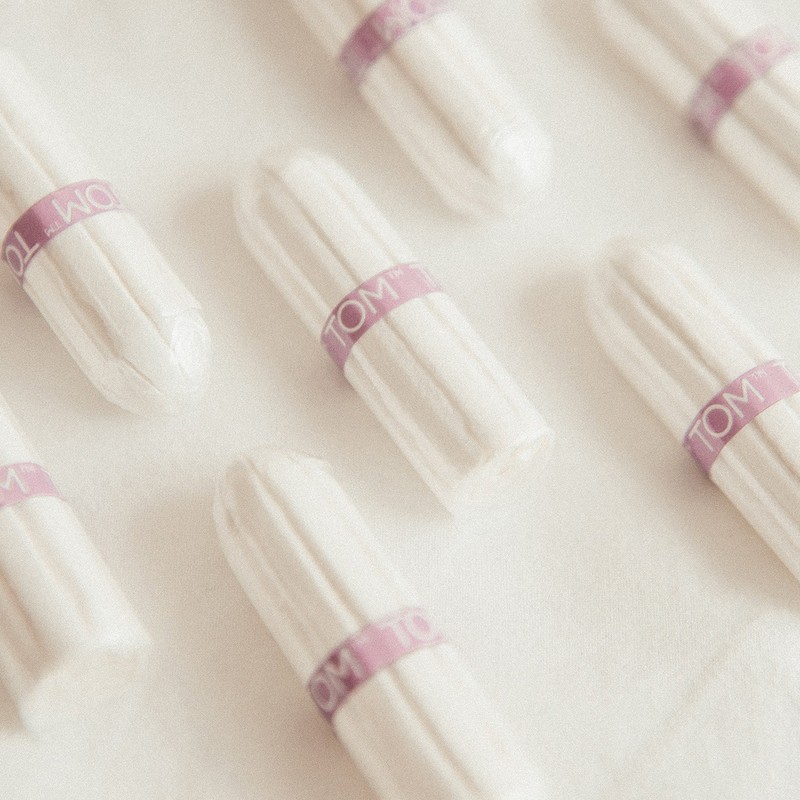What You Need To Know About Heavy Periods
First, how much blood does the average woman lose during her period?
“On average, between 5ml and 80ml of menstrual fluid leaves your body during a period. However, it can be very tricky to measure how much blood you lose during your period – unless you use a menstrual cup, it’s almost impossible. Instead, look at metrics during your period which can help you work out whether your flow is heavy or not. If you need to change your tampon or pad every one to two hours, need to use two types of period product together, pass clots bigger than 2.5cm, bleed through your clothes, or if your period lasts longer than seven days, these are signs of a heavy flow. It’s also not normal to feel tired or breathless or avoid daily life because you are worried about your period.” – Natasha Richardson, medical herbalist & founder of Forage Botanicals
How common is a heavy flow?
“Around one in 20 women go to their GP each year because of heavy periods. Up to a quarter of women experience at least one episode of ‘dysfunctional uterine bleeding’ (heavy bleeding due to hormonal disturbances) and one in five women in the UK have a hysterectomy (surgery to remove the womb) before the age of 60, mainly to alleviate heavy bleeding.” – Dr Georgina Leslie, gynaecologist & medical advisor for Yoppie
What causes heavy periods?
“There are several causes of heavy periods. They can be caused by a deficiency in vitamin K or an imbalance between oestrogen and progesterone, where oestrogen levels are higher in relation to progesterone in the second half of the menstrual cycle, or you’re not making progesterone when you ovulate.” – Le’Nise Brothers, nutritionist & author of You Can Have A Better Period
“Heavy bleeding can be a sign of fibroids and polyps (benign, non-cancerous growths in the uterus) or endometriosis, a condition where tissues from the uterine lining are found outside the uterus. It can also be a symptom of PCOS, a condition that impacts how the ovaries work. With PCOS, periods may be irregular but can also become heavier as the womb lining has more time to thicken, meaning there’s ultimately more to shed. Being overweight can also impact your flow – fat tissue is a major source of oestrogen, the hormone responsible for building up your uterine lining. Higher oestrogen levels will lead to a thicker uterine lining, which can result in a much heavier period. Thyroid issues can also cause problems, especially an underactive thyroid, while the copper coil can also result in heavier periods. Although less common, it can also be a sign of a bleeding disorder, when your body’s natural blood-clotting agents involved in limiting the blood you use during a period are deficient.” – Zoe Sever, clinical lead at Unfabled
Why might you have a heavy period one month, and not the next?
“This happens more often than you think. We know that changes in hormone levels can affect the heaviness of your period. For example, if you’ve recently come off the pill or taken the morning after pill, this can affect period flow, and the same goes for if you have recently had a miscarriage or abortion. Infections such as pelvic inflammatory disease can also make periods heavier, so if you’ve been having unprotected sex, then consider booking in for a sexual health screen – these can now be ordered online for free from your local sexual health service. Remember our periods don’t stay the same throughout our lives – they can be heavier when we first start having periods or when we’re approaching menopause.” – Georgina
Does having a heavy flow cause other problems?
“Heavy periods tend to be more painful, but not always. In some cases, heavy bleeding can cause anaemia, which can result in tiredness, breathlessness, weakness, headaches and light-headedness. In more severe cases, it can cause an irregular heartbeat, fainting and chest pain. Heavy bleeding can also affect your physical social and emotional quality of life. You should never feel heavy periods are something to ‘just put up with’ – don’t be afraid to speak to your GP as treatment is available.” – Georgina
Is there anything you can do to encourage a lighter flow?
“First, it’s important to understand what the cause of your heavy bleeding is. If it’s the result of another condition, then it’s vital to address the entire condition rather than one symptom. Adding in specific foods and nutrients can help with oestrogen and progesterone balance, as well as making sure that when we ovulate, we make enough progesterone. The way we move our body can also help regulate blood flow. Try doing some yoga poses that open up and support blood flow around the pelvis and uterus.” – Le’Nise
“Get an early night. Studies show poor sleep can contribute to hormone irregularities and disturbed menstrual cycles. Yoga and meditation can also be beneficial for combatting stress, while sun exposure plays an important role in regulating our circadian rhythm, which in turn affects hormones and sleep patterns. Sunshine is also a source of vitamin D, which many of us are deficient in, and this is believed to adversely affect our menstrual cycle.” – Georgina
Can diet help?
“Research shows foods rich in vitamin K can be very beneficial for reducing heavy periods. Vitamin K is required by the body for regulation of blood clotting, so when we’re even slightly deficient, this can contribute to heavy periods. We can get vitamin K from dark leafy greens, eggs and organic beef liver. In addition, we lose iron through menstrual blood, so iron-rich foods such as organic, free-range red meat and dark poultry meat should be a priority. If you’re a vegetarian or vegan, make plant-based iron foods the star of your plate. Try adding chickpeas, lentils, kale, beetroot and quinoa along with foods with vitamin C (broccoli, citrus, brussels sprouts, berries, red and yellow peppers) to increase the absorption of non-heme iron, the type of plant-based iron found in these foods.” – Le-Nise
What about supplements?
“An iron supplement can help. When you experience a heavy period, you lose a higher amount of iron through the blood which might take you to an anaemic state. Ironically, a side effect of having anaemia also causes heavier periods so it could look like a cycle of one heavy period causing an anaemic state which then causes another heavy period and so on. This is why replenishing your iron stores during and after a period is important.” – Natasha
How can your GP help?
“If you’re changing your menstrual products every one to one-and-a-half hours for the first two days or the entirety of your period, or if you have very large blood clots, chat to your GP. They will help rule out any nutrient deficiencies such as iron or copper (an important mineral for the body to effectively use its iron stores), as well as understand if heavy bleeding is a symptom of another condition, such as fibroids. Your GP may prescribe transexamic acid (TXA), a medicine used to control bleeding.” – Le’Nise
“Always chat to your GP if you have any cause for concern. It’s likely that you’ll be offered the contraceptive pill or an IUD to manage heavy periods, but it’s important to understand these are often just a bucket under a leaking roof and the problems will return when the contraceptive is stopped. However, they can be a good stop gap while you work to reduce heavy bleeding holistically. Speak to your GP for what will suit you best.”
For more information visit Yoppie.com, EatLoveMove.com, Unfabled.co & ForageBotanicals.co.uk. You Can Have A Better Period by Le’Nise Brothers is available to buy now.
Shop Our Product Edit
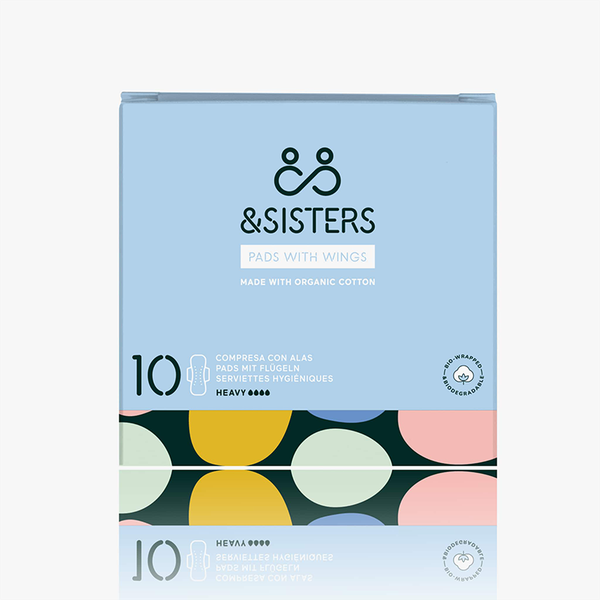
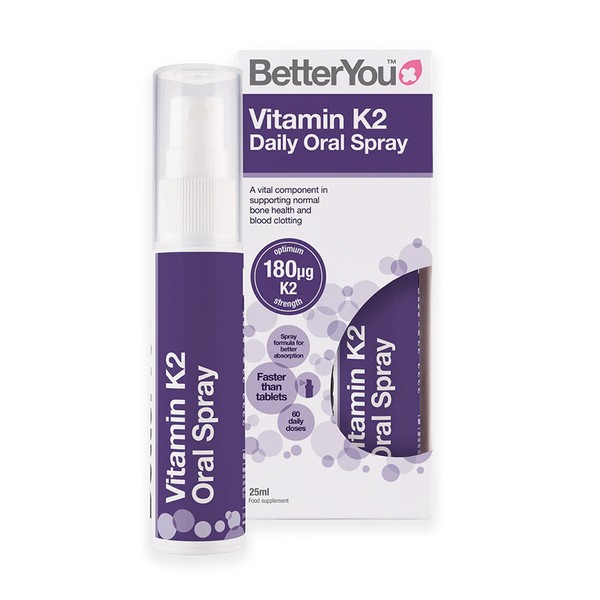
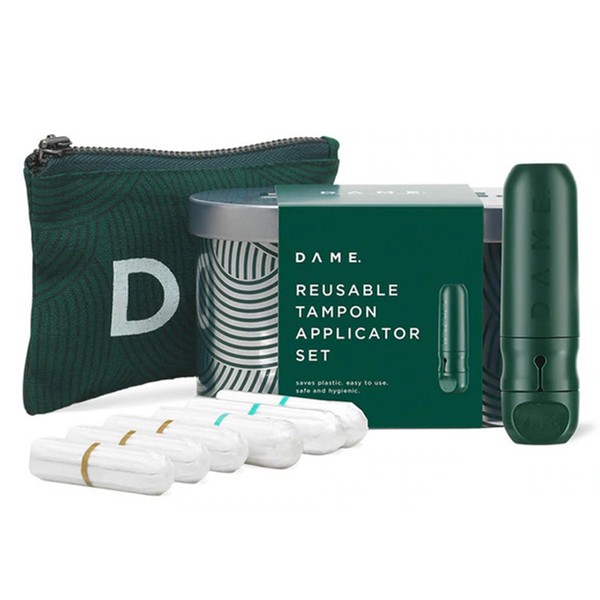
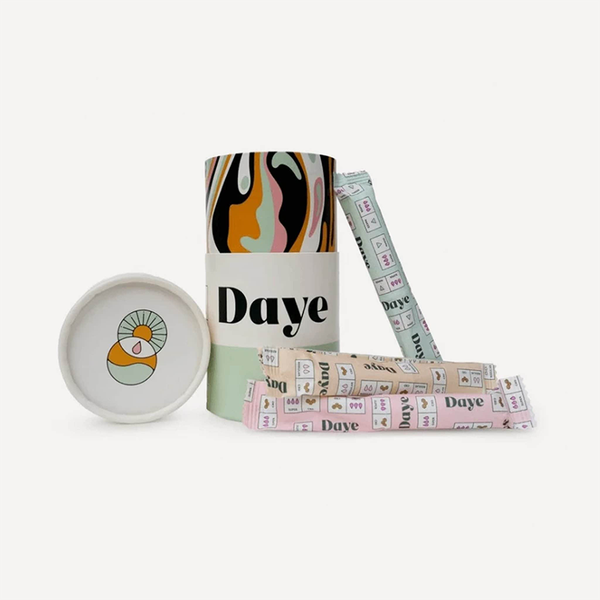
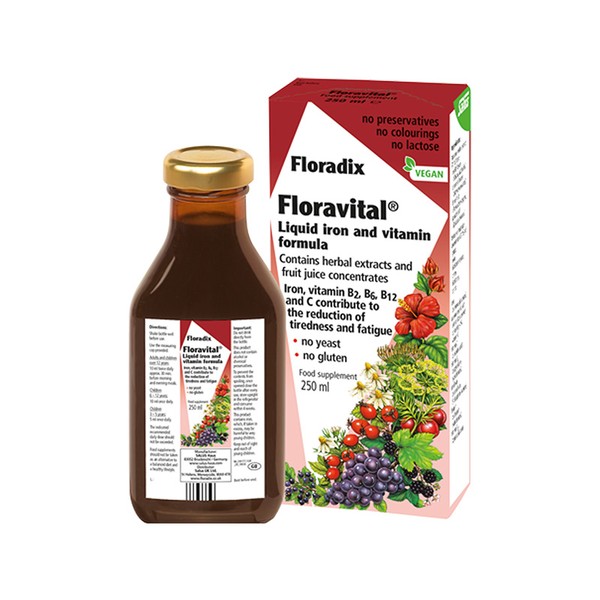
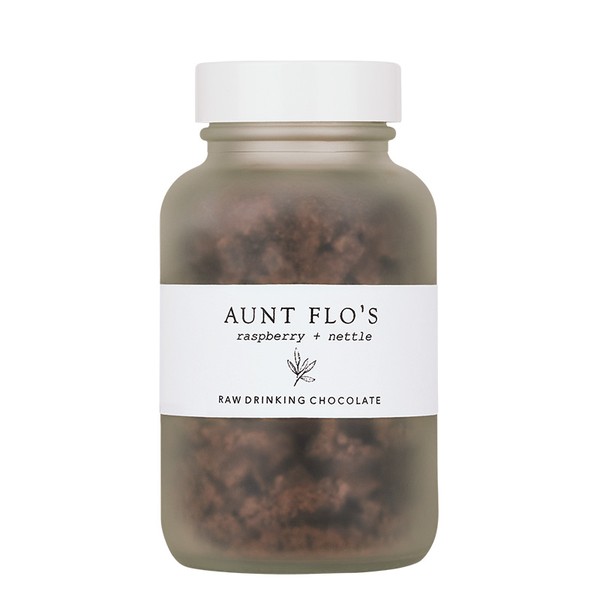
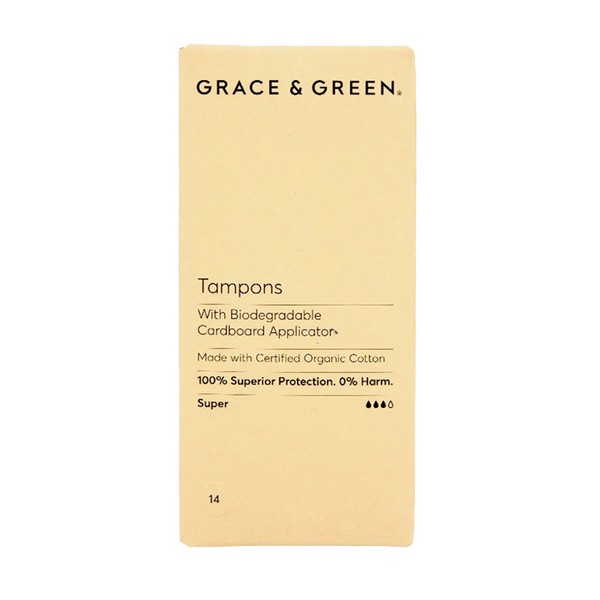
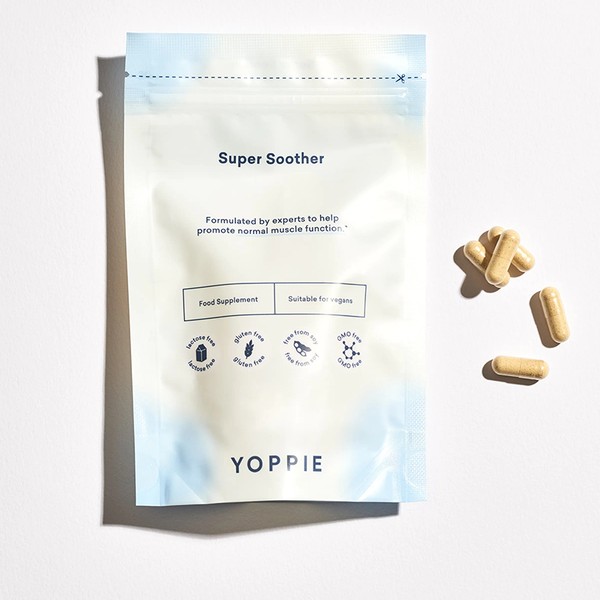
DISCLAIMER: Features published by SheerLuxe are not intended to treat, diagnose, cure or prevent any disease. Always seek the advice of your GP or another qualified healthcare provider for any questions you have regarding a medical condition, and before undertaking any diet, exercise or other health-related programme.
DISCLAIMER: We endeavour to always credit the correct original source of every image we use. If you think a credit may be incorrect, please contact us at info@sheerluxe.com.
